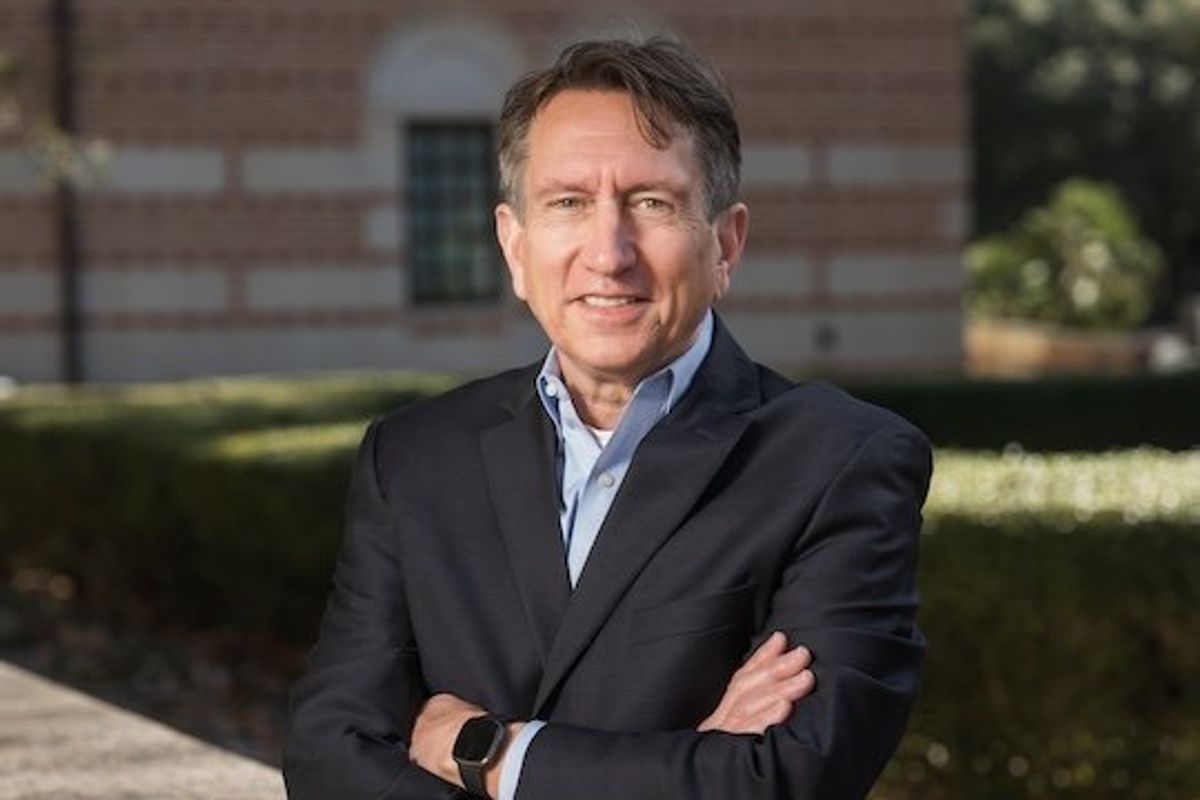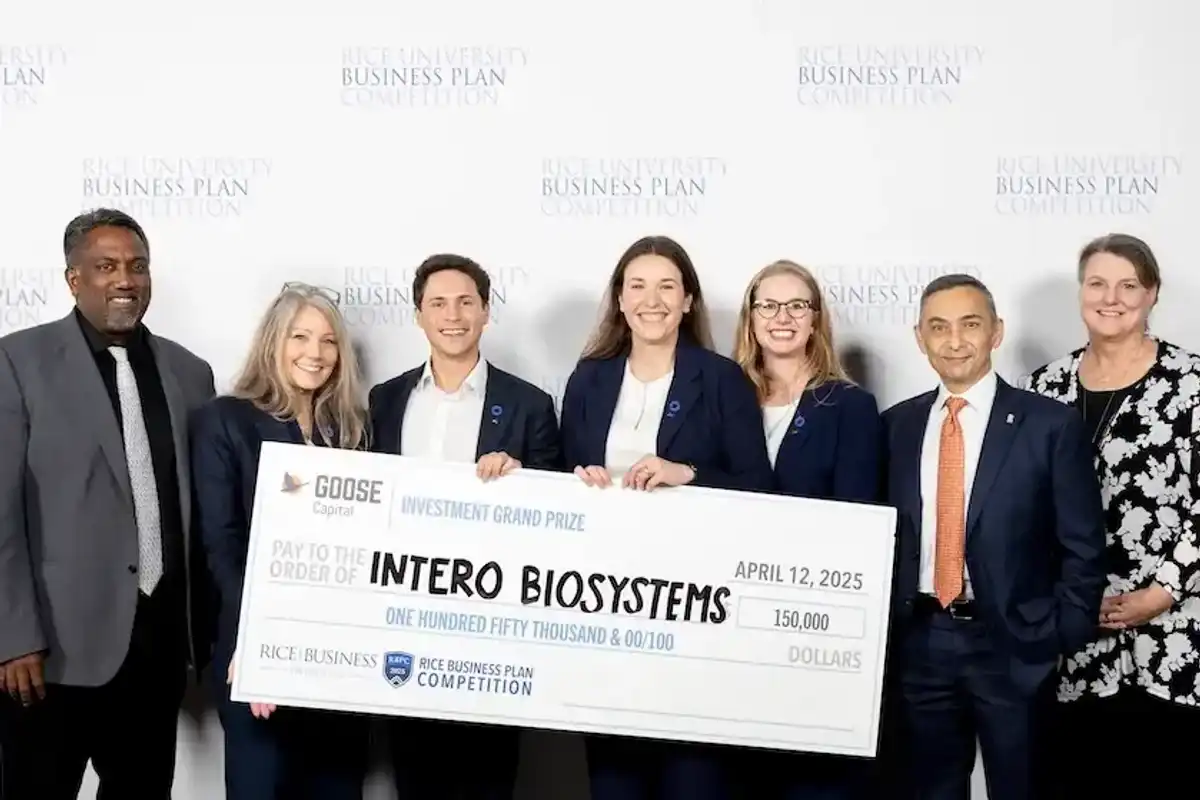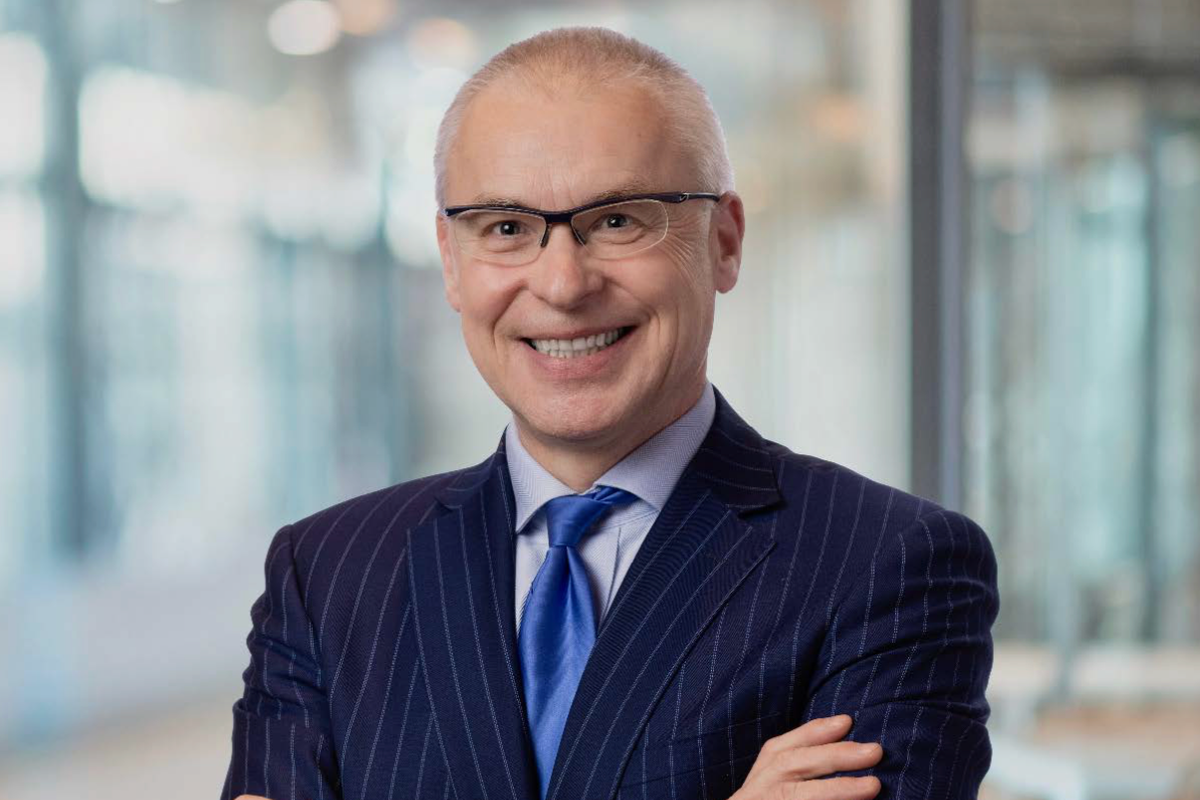A Houston startup is set to disrupt the same-day delivery sector with its innovative marketplace platform technology that connects businesses and delivery professionals, enhancing customer experience and reducing costs for clients.
Houston-based TUYA Technologies is transforming the B2B same-day delivery industry by connecting businesses with delivery professionals with the recent launch of their proprietary digital platform that cuts out the middleman and increases efficiency in same-day deliveries.
"We're interested in building technology that makes the movement of packages, parcels, and pallets of things move expeditiously across the city of Houston, not the next day, or second day like some of our competitors," says TUYA's CEO and co-founder, John Oren. "Our technology is focused on delivering packages in one or two hours and connect businesses directly to delivery professionals that own the equipment."
The company has launched in Houston and is used locally by more than 300 registered customers and 70 independent delivery professionals with more than 1,500 deliveries per week.
TUYA plans to continue to expand in the Texas market as they continue to raise capital, closing their most recent funding round at $16.9 million in September 2019. They are planning to launch their technology in the San Antonio market in a week quickly followed by their expansion into Dallas and Austin after that. Their goal is to expand its services across the 21 major cities in the U.S.
"Our management team is geared to bring our business plan to reality by expanding and introducing our new technology to new markets," says Oren.
TUYA has simplified the process by removing middlemen and adding new technology. To order, businesses can use the TUYA website or the TUYA Shipper App, removing the need for customer service representatives to take orders. There they can also select preferred delivery professionals to deliver their orders. The technology allows the client to get upfront pricing, real-time delivery tracking updates and even speak with drivers directly.
"In today's world, we all want our stuff delivered, conveniently, efficiently, and most importantly economically," says Oren. "The business that is able to develop the cheapest cost will beat the competition. Our technology is geared to extract this locked up value by removing added logistics costs involved in getting something picked up in one business and delivered to another."
The TUYA platform also provides drivers with the flexibility to drive at their own schedule and work multiple deliveries at once, reducing their downtime and increasing the number of deliveries. This added freedom allows delivery professionals to choose the deliveries they want without restrictions while using TUYA's optimized routes for efficiency.
TUYA Technologies began in 2015 after Oren realized the necessity to update the B2B delivery sector to the low-cost and speed-driven delivery needs of the 21st century. Oren, who started his own delivery business more than 40 years ago says he saw little innovation in the market, with companies wasting valuable time and efficiency.
"The waste inherent model of the 1970s was still being applied to today's industry, thus wasting time, effort and resources," says Oren. "I knew that integrating the right technology could turn the same-day delivery industry on its head."
TUYA co-founders invested $12.5 million of their own capital, along with an additional $20 million. After a period of market research, they began acquiring local delivery companies such as Hot Shot Delivery and Primer Delivery Services, providing same-day delivery to retailers, supply companies, and wholesale distributors among others.





